Former doctorate student soars as a grand slam poet
By Anissa Durham
Rudy Francisco may never be called doctor, but he is cool with being called a poet.
Enrolled in a Ph.D. program in organizational psychology, he was chopping away on statistical analysis in the research department when poetry beckoned.
“When it got to the point where I felt like I was going to have to choose,” he said, “I chose my art because that was the thing that fulfilled me.”
Francisco never finished his Ph.D. but said he does not regret his decision. Like many scholars, poets study the human condition. Unlike many scholarly tomes, poetry explains it in an interesting way.
Francisco writes about the way humans connect, how language can be limiting, and the bounteous hope he has found by pursuing his passion. Writing, he said, is a way to transcend things that have weighed him down, including his struggles with depression, a problem rarely acknowledged in the Black community.
“Depression feels like drowning,” he said. “In the Black community we often feel like depression isn’t even a real thing.”
Writing helped him to unpack “a lot of baggage” about his family and mental health, he said. Performing his poetry before audiences was reassuring.
“I felt like I was at home,” he said. “I needed to hear that I am not the only one struggling with these things.”
Spoken word poet Ra Henderson said he competed with Francisco on the San Diego Slam Team, which squared off against talented poets from across the nation.
“I’ve learned more about being creative and profound with my work,” he said. “(Francisco) has taught me to push myself beyond the first thing I think of.”
Henderson said Francisco has mentored many artists, including Terisa Siagatonu, a full-time touring poet from the San Francisco Bay Area. Siagatonu slammed with him on the Los Angeles team Da Poetry Lounge in 2013.
“He kills it on stage behind the mic and off stage he is a phenomenal mentor,” she said.
Francisco published his first book, “Helium,” in 2017. A new book, “I’ll Fly Away,” was released this month. San Diego performance poet Imani Cezanne praised the book.
“It's a really brilliant piece of work,” she said.
“I’ll Fly Away” is named for the classic country gospel song. It says no matter how hard life is, things will get better either on Earth or in Heaven. Francisco said hope is a theme in his recent work. So is communicating the Black experience in America.
Francisco’s parents are from Belize, he said, and he is of African descent. His parents speak Garifuna, an Arawakan tongue derived from an African dialect and the language of the Indigenous people of the Caribbean island Saint Vincent. Growing up with bilingual parents who spoke an exotic language kindled his interest in etymology.
“Certain words in other languages do not have an English translation,” he said. “There are certain ways to describe feelings (in other languages) we do not have an English translation for.”
This inspired Francisco to base “I’ll Fly Away” on the concept of intransitory language. He made up 30 words with Latin or Greek roots that have poems to correspond with them.
“The anchor of the book is the idea that there are so many things I don’t know how to describe in words,” he said.
Francisco said he feels pressure to represent the Belizean and Black communities, including during an appearance on “The Tonight Show with Jimmy Fallon.”
“If not me, then who?” he said.
His poetry often reflects realities of Black Americans, including subjugation of Black people. He also questions his masculinity.
“I really want my daughter to know that I’m a human being,” he said. “ I’m flawed, but I’m trying. I may not be perfect, but everyday I try to be better.”
Siagatonu said Francisco is successful because of his work ethic and will to improve. He is also known for his generosity, she said, as a mentor who supports younger poets.
“He has transformed the poetry community in San Diego and around the country. His commitment is unmatched. His work speaks for itself.”

